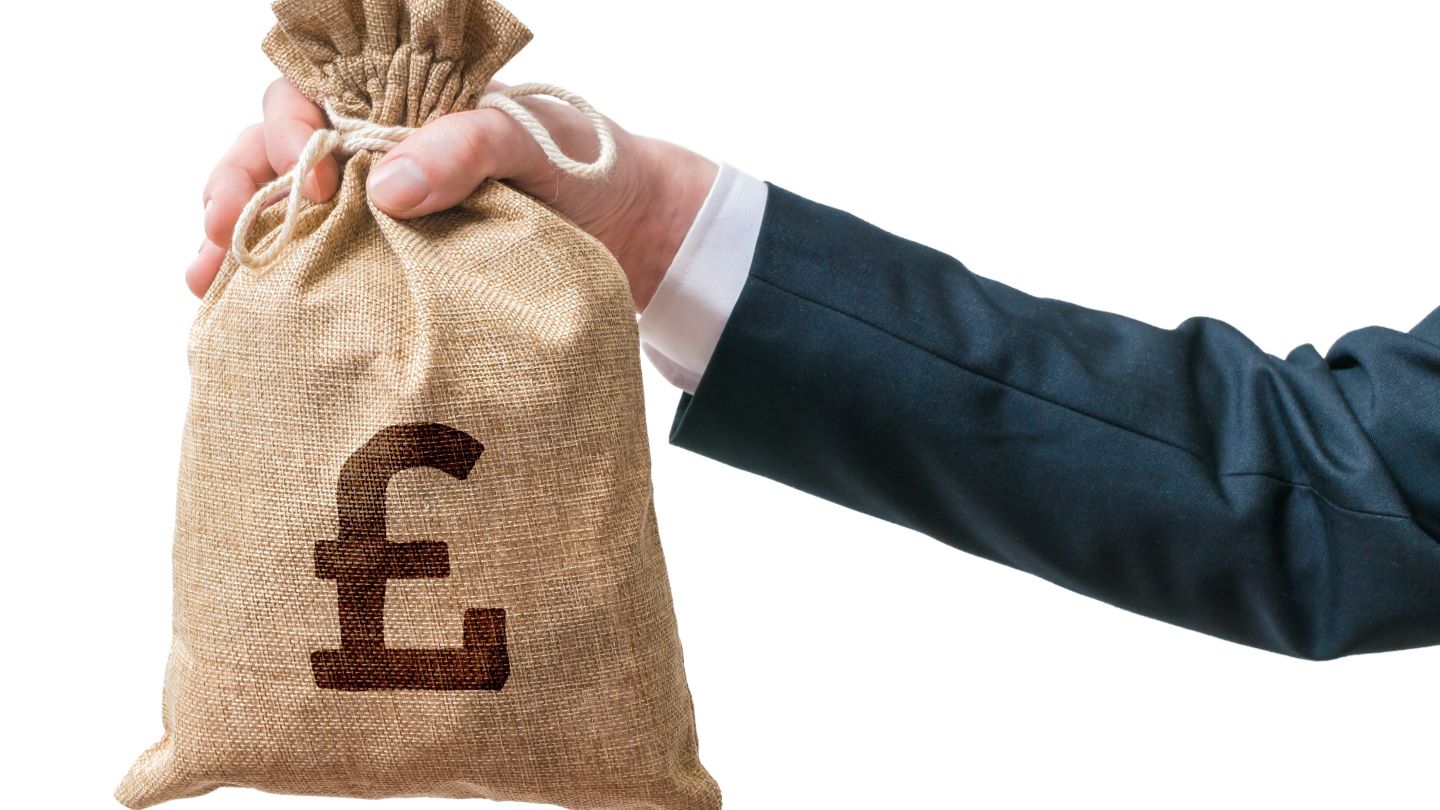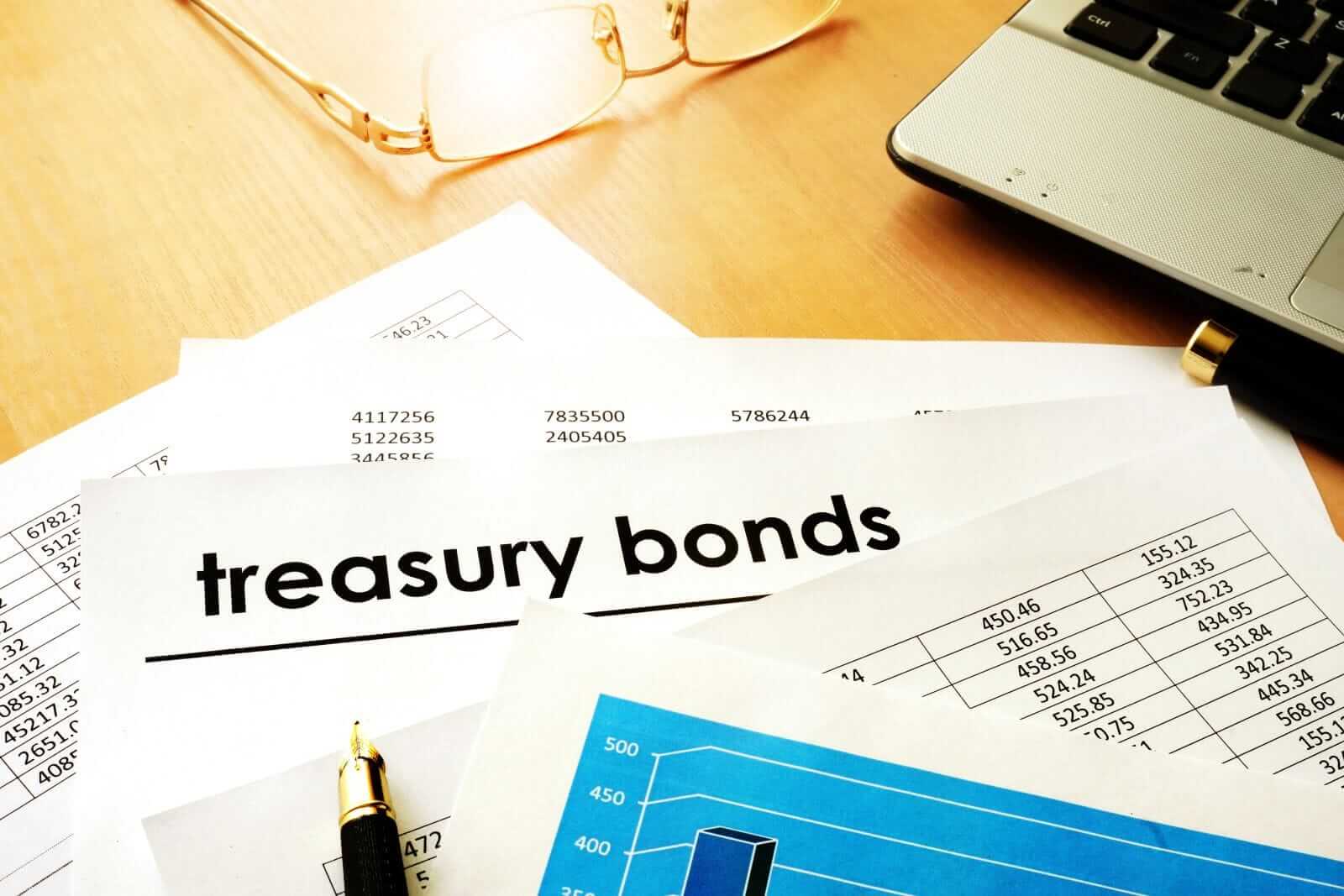As the situation in the Middle East continues to evolve, most everyday investors and savers are, of course, edgy. Sure, the market roared back on Monday. And Iran and Israel have agreed to a ceasefire, President Trump announced Monday.
That, of course, is up for debate and will play out in the hours and days to come, but ceasefire or no ceasefire, everything for normal investors still seems unsettled.
High Yield Savings Offers
Powered by Money.com - Yahoo may earn commission from the links above.Everyday folks, especially those approaching retirement, are unnerved. There is a feeling that we are always waiting for the other shoe to drop. And that's a reminder to older investors that you better balance your portfolio so that you can sleep at night without the gnawing fear that a stock market retreat will wipe out your financial ballast.
Are things any different now compared with other market turbulence? Should we simply stay the course as we have always been told during volatility? Or is this moment somehow different, demanding a deeper review of our portfolios?
To get a sense of all of that, I asked several personal financial experts for their best advice on how people should manage their money right now.
The basic message: Don’t run scared, keep a long-view perspective, have some cash on hand for comfort to ride it out — and remember to review your accounts periodically to make sure they still line up with your time horizon, risk tolerance, and your financial goals.
One thing everyone agreed on: Market timing is a fool's game. So don’t dream that you can duck out when markets swoon and sidle back in when the sun comes out again. There's a small window to get back in and hit the updraft correctly.
That said, here's what our experts, and I, had to say:
First up, author and blogger JL Collins who has a new edition of his million-plus-selling book “The Simple Path to Wealth: Your Road Map to Financial Independence and a Rich, Free Life.”
“This has been a wild decade so far,” Collins told Yahoo Finance. “We're halfway through … and we've gone through a pandemic and meme stocks and 9% inflation and interest rates going from zero to 5% in record time. Then we had these tariffs, and now what's going on in the Middle East, and yet the average annual return for S&P 500 (from January 2020 to May 2025) has been nearly 13%. That's incredible with all of that turmoil.”
For now, the Middle East situation doesn't feel different when it comes to our long view on staying invested, he said. But short of a major conflict, his advice doesn’t change.
If you’re nearing retirement, of course, or in retirement, you should already be shifting to more conservative investing, and that means a larger allocation to bonds, he said. “But you never want to go below 50% in stocks because you need at least 50% in stocks as the growth engine that keeps your portfolio healthy over the years and decades.”














